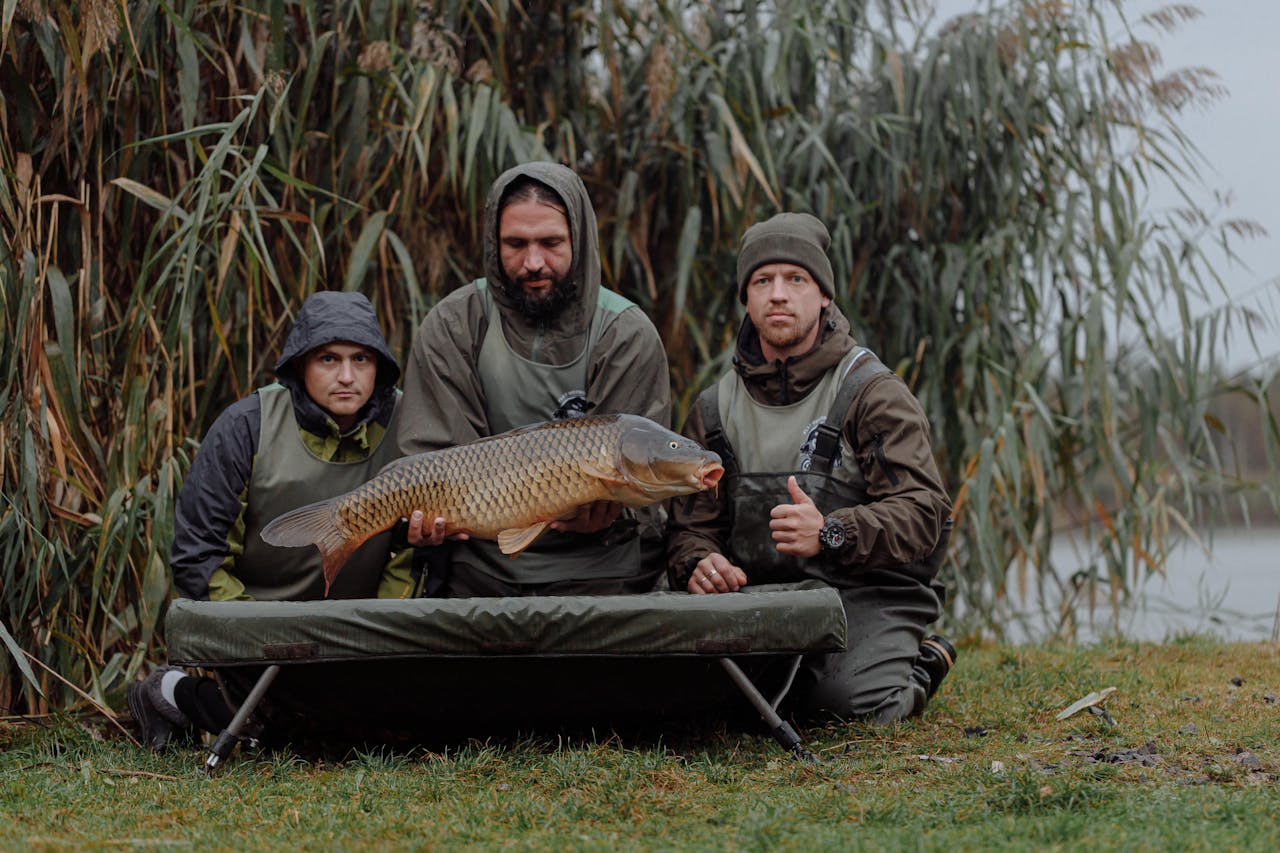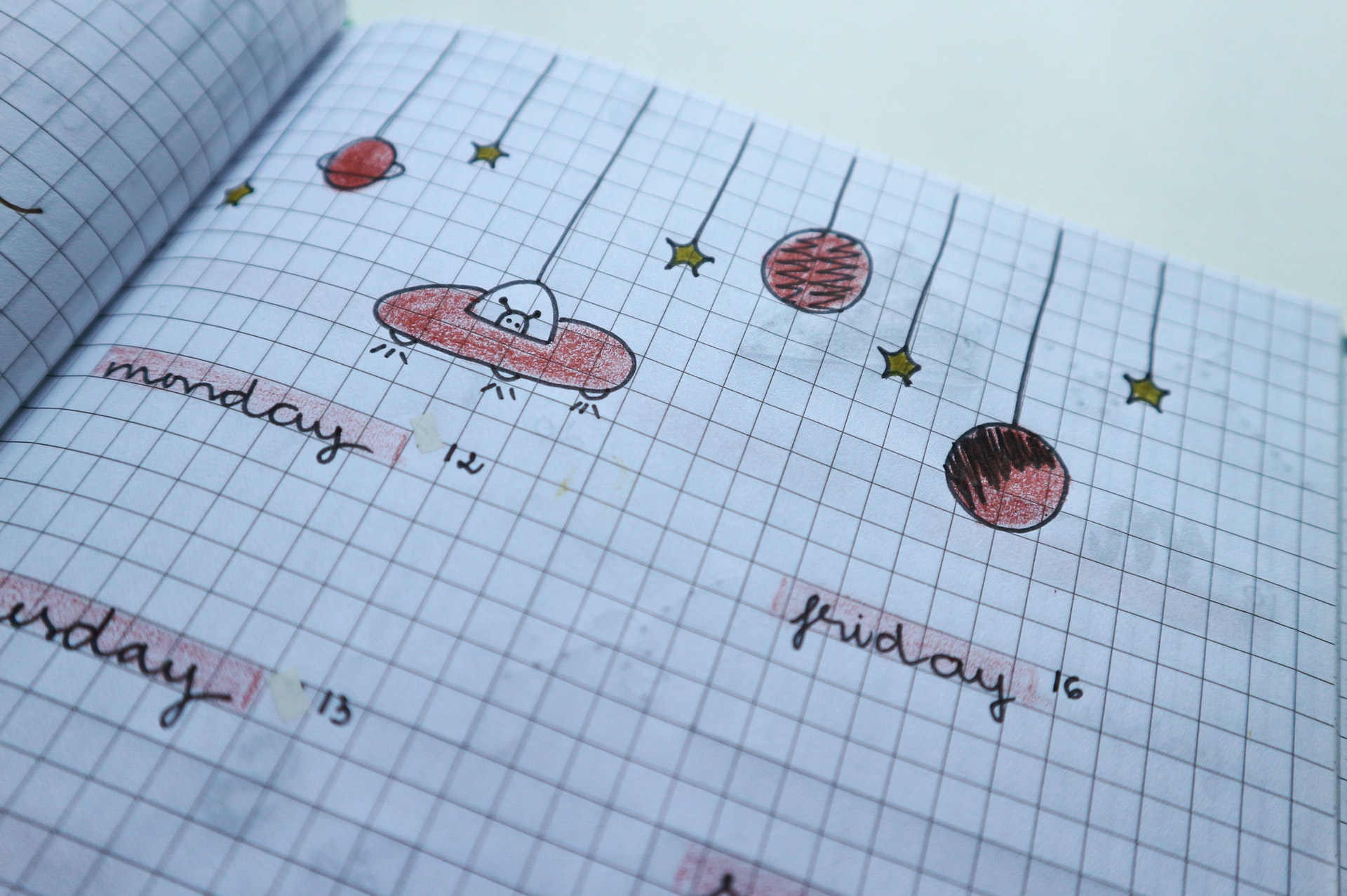

There’s nothing better than the great outdoors for a hunting and fishing enthusiast. Many even plan their whole year around their favorite recreational season. Missing out on an opportunity to get outdoors for hunting and fishing can be downright upsetting. Don’t let this year’s seasons pass you by!
Start planning now and have your time locked in for the year ahead. Keep reading to learn how you can make the most of the outdoor recreational hunting and fishing seasons.
Plan Ahead
Each year, the opening day for fishing and hunting seasons in your area can vary. Look it up and put it in your calendar. That way, you can tell your family whether you are free or not on any given weekend. You can use a scheduling tool like Calendar, Google Calendar, or Outlook to keep track. For those big dates, share the calendar with your loved ones so they know you will be out of pocket.
If you love whitetail deer in the East or Mule Deer hunting in the West — look up the different seasons to make the most of it. Most of these hunts are in the fall so that an overpopulation of deer doesn’t starve in the winter. For example, if you currently only rifle hunt in Missouri, open yourself up to bow and black powder hunting, too. That can really extend the season for you. If you live in a border state, look at their laws, too. What would it take to enjoy deer shotgun season in Illinois next year?
Familiarize Yourself With Local Regulations
Speaking of different state laws, familiarize yourself with local regulations. You need to understand the regulations, bag limits, size limits, and legal hunting or fishing methods. Fish and game wardens police their local areas to enforce these laws. Depending on which you break, it can be a hefty fine, loss of gear, or even jail time. Use the off-season to learn all you can to participate the right way for your area.
In the off-season, make sure you know when and how to obtain the appropriate licenses and permits. That way, on day one, you can get out there and not have to worry about standing in line for tags. If you’re traveling for fishing, make sure to know the rules on how many poles you can have. Different states allow for different numbers with you and in the water. You’ll also want to check on the legality of bank lines if you’re catfishing.
Scout Your Spot
If you’ve sat around a coffee shop with older fishermen and hunters, you’ve likely heard tales of their “perfect spot.” Now some will share the whereabouts of the prime location and others will keep that secret forever. Regardless of if you have a secret spot yet, taking time to prep and scout your perfect location can make all the difference on opening day.
Fishing
Whether planning on bank fishing or getting out on the kayak, scouting your area is important. Lakes can be huge! Look at the maps ahead of time and decide which part of the lake looks best to you. Go out early and find the boat ramp you want to use. Check to see if there are launch fees. If you’re bank fishing, scout out the best place to set up your chairs and gear. Look out for any poison ivy or other undesirable features.
Picking your spot for fishing also depends greatly on what you’re fishing for. Bluegill or crappie, for example, tend to make their beds right offshore near fallen trees to protect them. They also tend to hang out closer to the surface. On the other hand, catfish tend to be on the bottom, so it’s best to toss the line out and wait. Once you have a plan, you can haul your gear in and cast away.
If you really want success in fishing, hunting, or any sport on this planet — find a professional to go with you or teach you. These sports require skill and time to gain the required skills. But go and enjoy learning all the information and becoming more proficient. It’s great fun even if you don’t catch anything. Many outdoor recreation stores have professionals who can help you with everything from the gear you need, to the best places to go. Most US sporting goods stores have classes on how to do this. Think Dick’s Sporting Goods and Cabellas, among others.
Hunting
Finding a good hunting location can involve more than scouting a good fishing spot. This is mainly due to the nature of the recreational activities. With hunting, you must do it on your own ground or be permitted to hunt on private property. The type of stand you use for duck, deer, or turkey hunting also matters. You have to set up the blind or tree stand in advance so the wildlife gets used to it. You don’t want to be hauling in a hunting wagon through the woods on opening day.
You also want to ensure the type of animal you’re after lives near the place you choose to hunt. Walk around before the season opens and look for signs of wildlife, such as tracks, droppings, and feeding areas. Look for trails animals might use, bedding areas, or rub marks on trees — made by deer. These indicators can help confirm the presence of your target species. If you own your own hunting ground, you might even prep all year long by setting out trail cams.
Gear Up
Without the appropriate gear, your season will surely be a bust, no matter what you’re after. Now, you don’t have to go out and break the bank. But if you want to go bow hunting, you must have a bow and arrows. Make sure you have working gear for what you plan to hunt. If bow hunting, you need a draw weight of 40 pounds and a peak of 28 inches to ethically dispatch a deer. You probably shouldn’t be bow hunting if you’re not strong enough to pull that.
You also want to ensure you have the right clothing for the weather. Camouflage pieces, coats, rain coats, and gloves for hunting are helpful. For fishing, wear hats and sunglasses during the summer, and invest in winter gear if ice fishing. You’ll also need fishing reels, rods, lines, and tackle. What you’re fishing makes all the difference for this. You need heavier lines and rods for paddlefish and sturgeon than for bass fishing. And there are many theories about what baits are best for every fishing situation. If you ask 100 fishermen their favorite lure, you’d get 200 different answers. It often just comes down to trial and error.
Prioritize Safety First
Speaking of gear, don’t forget your safety gear! If hunting, always wear bright orange so other hunters can see you. If fishing from a boat, have an orange flag to put on the window should you ever get in the water? It’s a signal to other boaters you have a person in the water. Life vests are a must, too. Ensure that those going with your party are outfitted, too. Be sure to Calendar all events way ahead of time — like six months if possible to guarantee success.
Remember to pack sunscreen, bug spray, and first aid kits. Don’t forget water and food as well. The longer you’re out and the more remote the location, the more important these items become. A terrible sunburn or being eaten by mosquitos can ruin the day quickly. If something goes wrong, let someone know where you are and the time you will be gone.
Remember Environmental Safety, Too
Hunters and fishermen are often conservationists at heart and love the land and water in which they hone their sport. Without clean and healthy ecosystems, outdoor enthusiasts can’t hunt or fish. Maintaining these areas helps create sustainable wildlife for years to come.
Hunters and fishermen also help with overpopulation. Have you ever wondered why different species have different limits in sizes and numbers? It’s all about helping maintain a sustainable ecosystem for the local area.
While enjoying nature, be mindful of keeping the area clean for others. Pick up your trash and take out what you take with you. Don’t dump oil or gas in the water. And be mindful of where you do your business. Report any suspicious activity you see to the local conservation authorities.
Enjoy the Great Outdoors
Hunting and fishing are enjoyable activities that let people connect with the world around them. With planning and the tips in this article, enthusiasts can enjoy the outdoor recreation seasons. It doesn’t have to be one weekend a year or one extensive trip. You can look at the seasons and participate in your favorite hobby throughout the year. Challenge yourself to make it the best year yet!
Featured Image Credit: Photo by Thirdman; Pexels











Howie Jones
My name is Howie and I'm a Customer Success Manager at Calendar. I like to ensure our customers get the best experience using our product. If you have questions email me howie at calendar.com